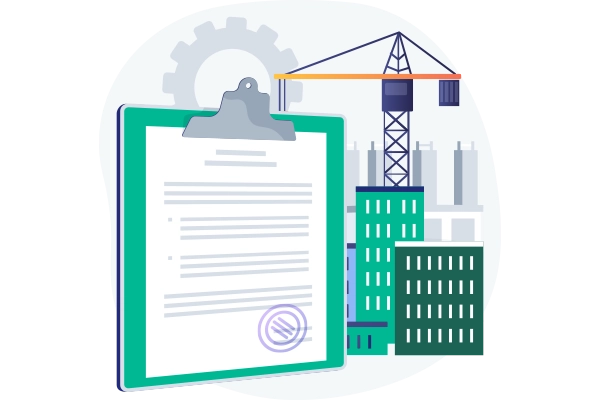

In India, there are specific regulations and restrictions to establish industries under certain categories before setting up any industry. This is allowed for operations only when the licenses are obtained before the employer sets up such an industry.
- The Industrial Development and Regulation Act (IDRA), 1951 regulates industrial licensing in India.
- Licenses are approved by the Secretarial of Industrial Assistance (SIA) on the recommendation of the licensing committee.
- Industries that require industrial licensing in India include those related to public health, safety, and national security,
- The licensing process involves various panchayat, corporate, municipal, state, and national authorities.
- Procuring an industrial license in India can sometimes be tedious, complex, costly, and an uphill task.
Industrial licensing in India aims to ensure that industries that may impact public health, safety, and national security are regulated and monitored. While most industries are exempt from obtaining a license, certain industries still require compulsory licensing.



"Once you onboard with us"
Compliance Simplified.
Ready to Comply!
Enroll For Our Services